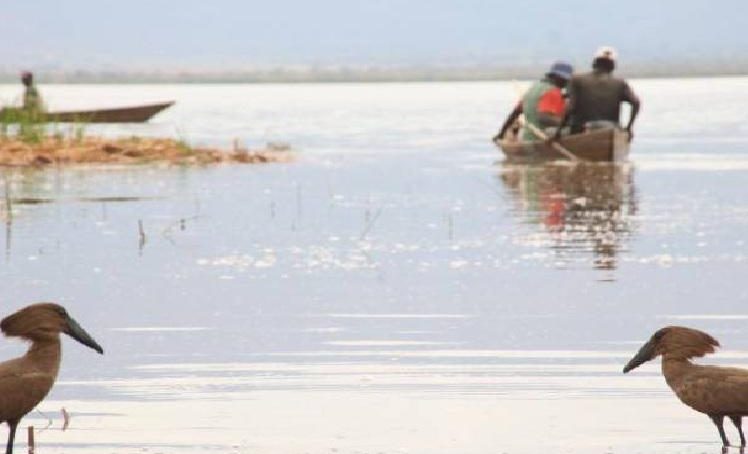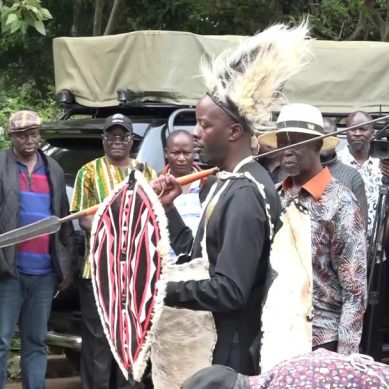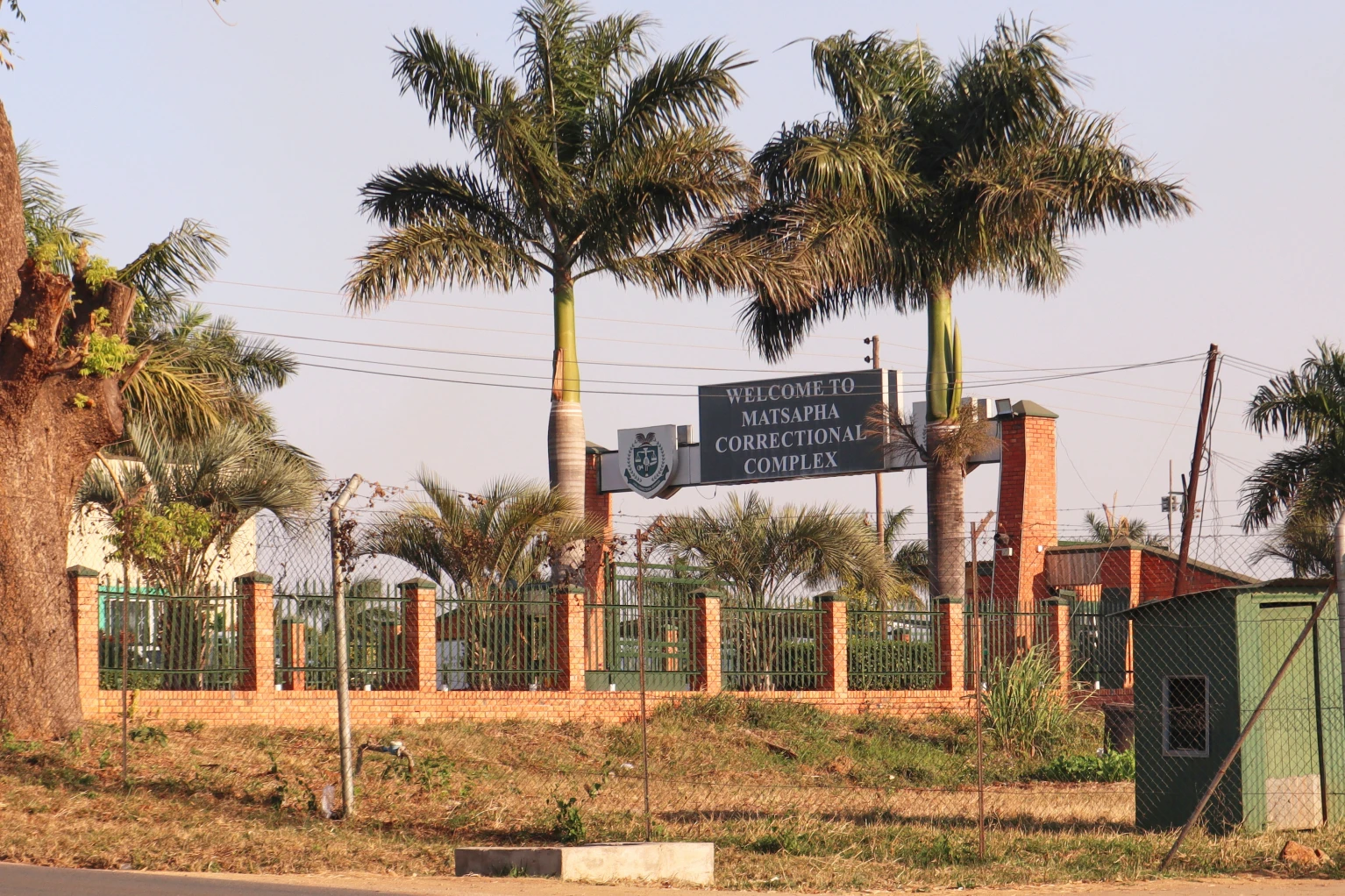
Over 70 trainers of trainers (ToTs) from across Taita Taveta County have successfully completed an intensive fish farming training programme this week, marking a substantial milestone in Kenya’s blue economy transformation at the grassroots level.
The initiative, delivered through a strategic partnership between the Taita Taveta County government and the Association of Women in Fisheries and Blue Economy Kenya (AWFBEK) I intended to revolutionise aquaculture as a sustainable income source for rural communities.
The comprehensive training equipped participants with expertise in fish production techniques, feeding protocols, disease treatment and marketing strategies designed to maximize profitability. Each trained ToT is expected to cascade knowledge to at least 50 farmers in their respective areas, potentially reaching over 3,500 farmers in the county’s four sub-counties.
County Fisheries Officer for fisheries Mercy Matuma emphasised the programme’s dual focus on production enhancement and market linkage development.
“Our goal is to enhance farmers’ skills and knowledge to boost productivity while ensuring they have access to profitable markets,” she explained.
Matuma highlighted the county’s vast untapped water resources that include numerous dams and lakes, which present enormous potential for modern aquaculture technologies such as cage fish farming. The initiative addresses critical social challenges beyond economic empowerment.
Matuma noted the programme’s role in combating gender-based violence, particularly addressing ‘sex for fish’ exploitation at beaches.
“By investing in inland aquaculture infrastructure, we create safer, dignified income opportunities for women,” she stated noting that this aligns with national efforts to promote gender equity in Kenya’s blue economy sector.
Participating farmers have responded enthusiastically to the training. James Mtua Mwatu, a local fish farmer, described the programme as an eye-opener.
“Today I have learned much about proper fish care and feeding. I urge the government to keep supporting this sector because fish farming can generate quick and sustainable income for us farmers,” he said.
Veteran farmer Dorcus Gibrans, who has been in fish farming since 2004, gained new insights despite her extensive experience.
“As a ToT, I’m eager to pass on this knowledge to help improve lives in my community. Fish is nutritious and can be processed into many value-added products,” she noted and encouraged residents to embrace the opportunity.
AWFBEK Chair Suzanne Njeri revealed that the training is part of a comprehensive two-and-a-half-year project spanning eight counties. The organisation is implementing initiatives that have reached over 200 farmers since June, with the TOT model deepening grassroots impact.
Njeri said the programme directly complements Kenya’s ambitious blue economy agenda, supported by the World Bank-funded Kenya Marine Fisheries and Socio-Economic Development (KEMFSED) project, which aims to improve fisheries management and increase access to complementary livelihood activities.
The government’s recent Ksh2.5 billion investment in the Kabonyo Kanyagwal Fisheries Centre of Excellence demonstrates its commitment to transforming the sector.
“For Taita Taveta County, this initiative promises multiple benefits including enhanced food security through increased fish production, diversified income streams for farmers, reduced dependency on rain-fed agriculture, and strengthened community resilience,” explained Njeri.
At the national level, such programmes contribute to Kenya’s goal of harnessing its blue economy potential, estimated to contribute significantly to GDP growth while creating thousands of jobs in rural areas.
- A Tell Media / KNA report / By Arnold Linga Masila






